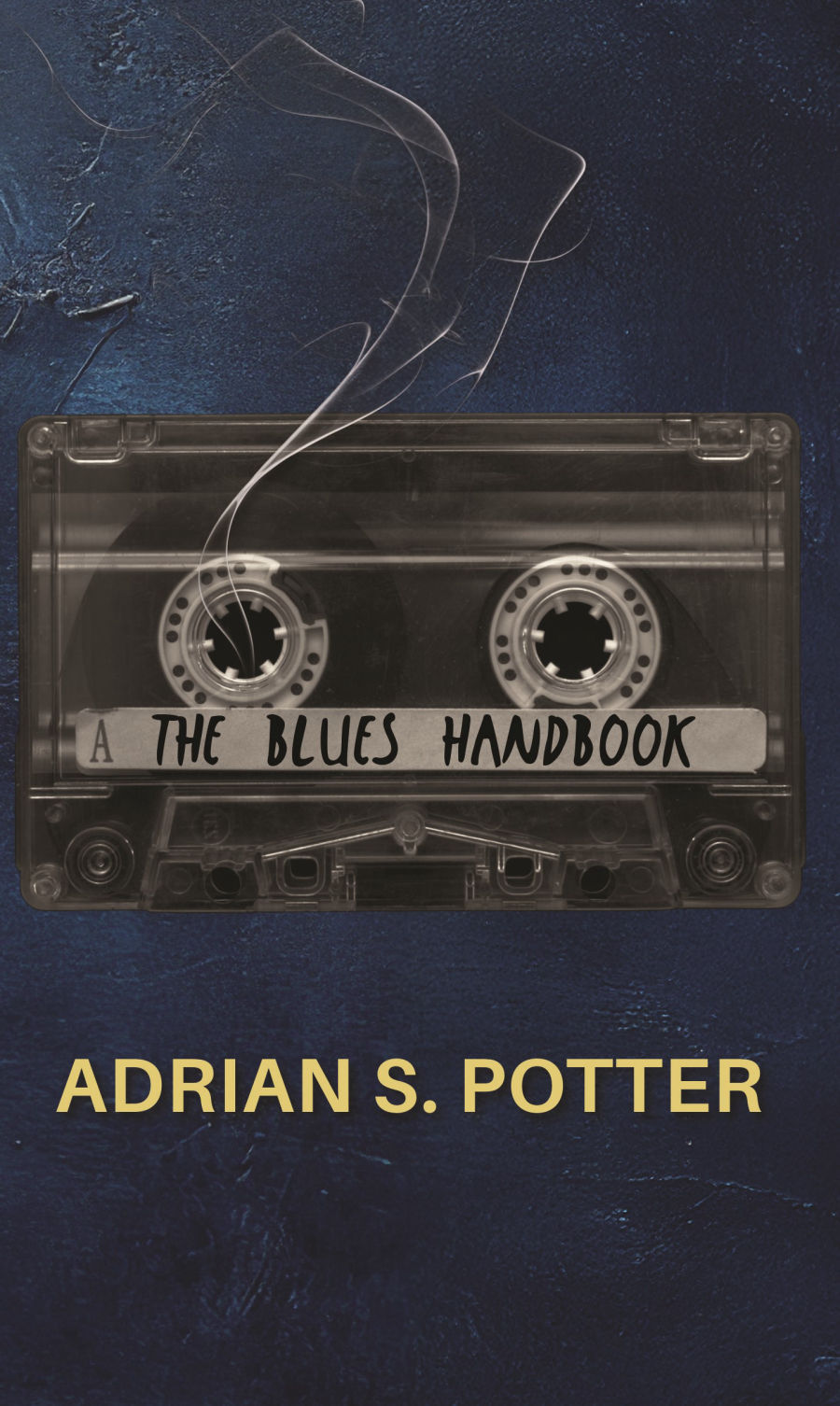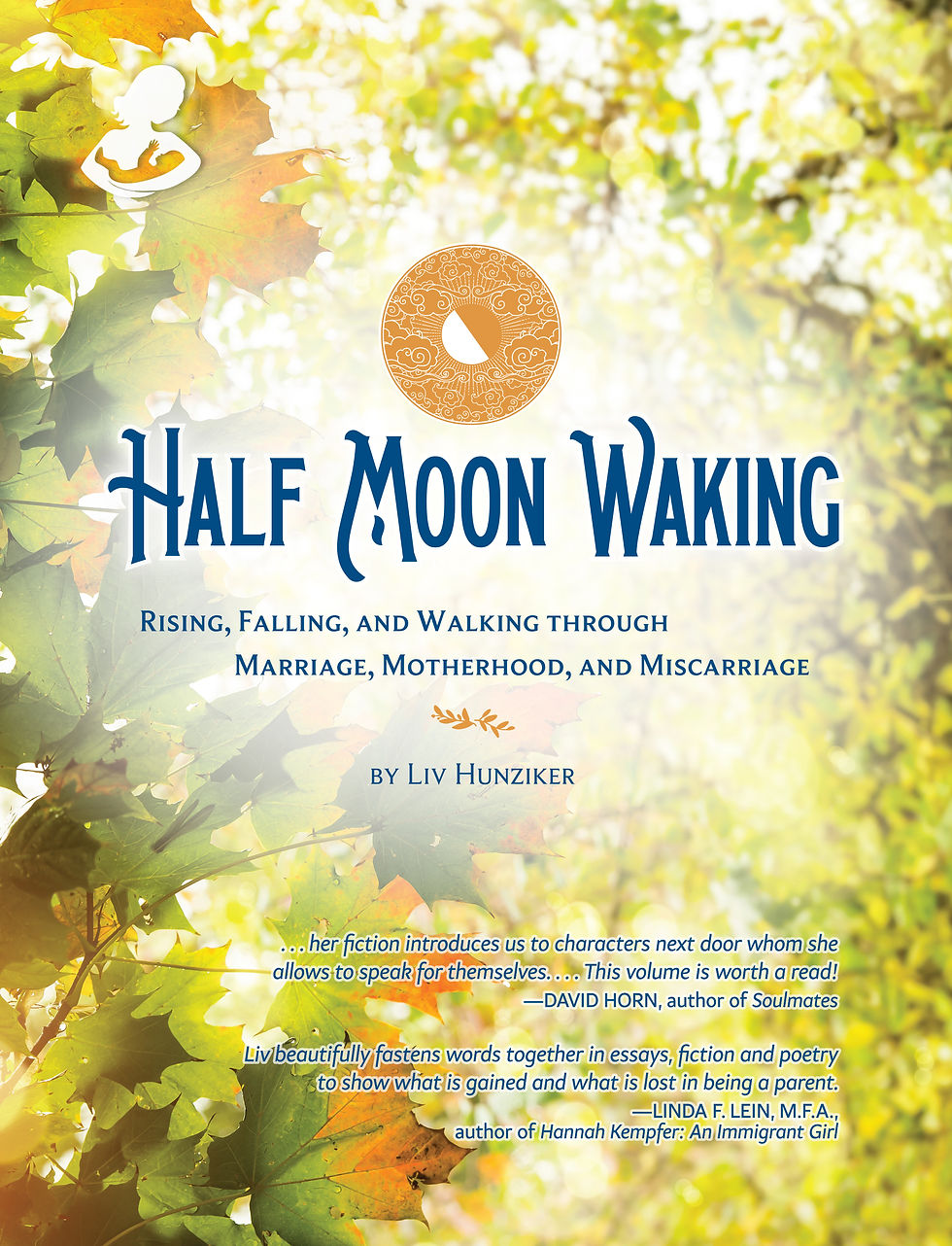A nod to the blues, a poetic examination of the emotional weight of Black existence: A review of The Blues Handbook
- Maverick Independent Book Reviews
- Aug 1, 2025
- 3 min read
Title: The Blues Handbook
Author: Adrian S. Potter
Publisher: Thirty West Publishing, 9798998772702, $16.99

The Blues Handbook by Adrian S. Potter is a deeply reflective and relevant poetic exploration of the human condition. Potter uses gripping and powerful language to paint a picture of a fractured society where simply existing as a person of color becomes an act of resistance. The collection references “the blues” not only as a nod to the musical and cultural tradition but also as a metaphor for racial trauma and inherited depression. Through a sequence of letters to the blues, Potter examines the emotional weight of Black existence.
The poetry delves into what it means to be a person of color in a society demanding conformity and submission. Poems such as Ars Poetica, Speak So Well, and Code Switchin’ on Fo-Fos critique the pressures to assimilate, hide, or perform Blackness for white comfort. Potter captures the tension between defiance and survival in lines from Ars Poetica, writing, “sometimes I adhere to stereotypes in secret / I smile too much / society is always trying to kill my kind / since I know how to survive as both bully and victim.” Within this tension, the collection explores the balance of navigating oppressive systems without sacrificing authenticity.
Themes of grief and injustice are woven throughout the pages, highlighting the fatigue of enduring constant systemic violence and hate. The poetry confronts the harsh realities of systemic racism as seen in Elegy After Another Hate Crime, which reads, “The best way to preach the gospel of life / is to sing its praises in the presence of death. / If you do not agree, then don’t. This much seems / certain: a bigot fires his rifle inside a supermarket, / executing innocents for the pigment of their skin. / Afterwards, silence, or whatever sorrow calls itself / once bullets pierce flesh, stumbled into the scene / like a clumsy supporting actor. Then the scene / became just another familiar scene. Fade to black.” The language exposes both the sickness and numbness at society’s core.
Potter taps into additional aspects of a broken system, such as gentrification, performative religion, and the monotony of 'existence as survival.' Together, these critiques take aim at capitalism, societal expectations, and definitions of 'normalcy.' The emotional labor required of people of color to exist in such conditions feeds into a cultural and familial depression passed down through generations. My Therapist Says Smiling More Will Help Me reads, “People claim I can cure / this contagion, that depression will surrender its weapons / and retreat limber-tailed back to the hell that spawned it, / but I know of no devil who would willingly banish itself / without invoking turmoil as part of its exit strategy”, thoughtfully commenting on the heavy and relentless burden of mental health.
Potter depicts the necessity of juggling these burdens alongside universal experiences of love, loss, and labor. The collection displays effective voice shifts, from lyrical to humorous to heavy-hitting, all while maintaining a conversational intimacy that allows even the darkest themes to be accessible and relatable. All in all, this book touches on the blues of being alive: taking hit after hit and still standing, discovering the music woven into the misery.
Review by Britain Powers





Comments